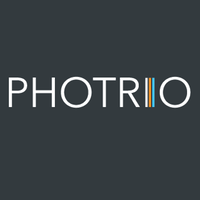Andreas Thaler
Member
A topic that's often forgotten, but it's important in a camera workshop.
After all, soldering is involved, and there are butane torches and solvents that are highly flammable.
We've discussed protection from soldering fumes and solvent vapors here:

 www.photrio.com
www.photrio.com

To extinguish a small fire that's just starting, I have this fire blanket handy while I work.
It's fireproof and is thrown over the fire to extinguish it. To do this, the blanket is pulled out of its cover.
I think it's a sensible first step while I call the fire department, which in Vienna is quick to respond.
Perhaps a fire extinguisher would be even better.
What do fire safety experts say about this?
After all, soldering is involved, and there are butane torches and solvents that are highly flammable.
We've discussed protection from soldering fumes and solvent vapors here:

Soldering fumes: Lead-free versus lead-containing
I think there's a common understanding that soldering fumes should not be inhaled. However, this information is new to me: Working with lead-free solders releases more harmful fumes than leaded tin solders because the soldering temperatures are higher and more aggressive fluxes are required...
To extinguish a small fire that's just starting, I have this fire blanket handy while I work.
It's fireproof and is thrown over the fire to extinguish it. To do this, the blanket is pulled out of its cover.
I think it's a sensible first step while I call the fire department, which in Vienna is quick to respond.
Perhaps a fire extinguisher would be even better.
What do fire safety experts say about this?







